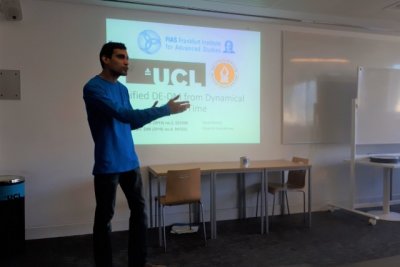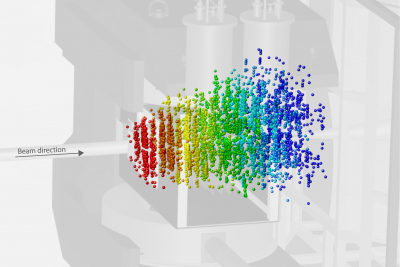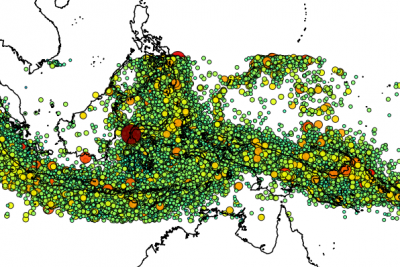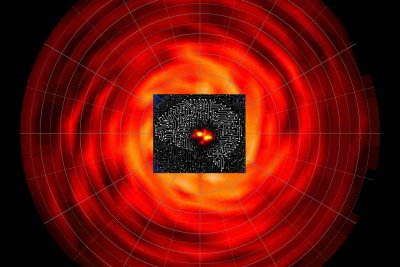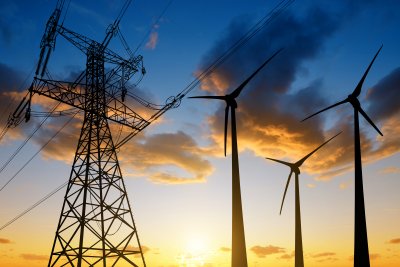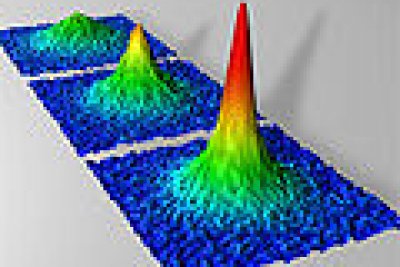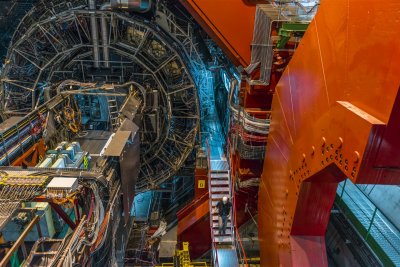Theoretical Physics – Research Groups
Research Group of Horst Stöcker
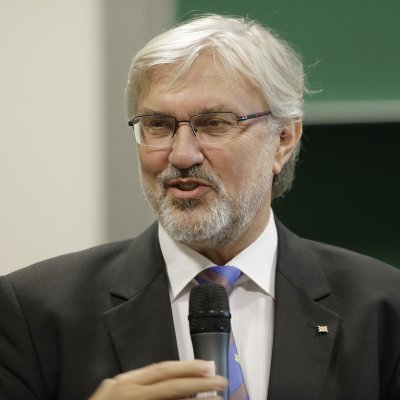
Horst Stöcker was born in Frankfurt am Main in 1952 and grew up in Oberursel im Taunus. After graduating from high school in 1971, he studied physics, mathematics, chemistry and philosophy at the Johann Wolfgang Goethe University in Frankfurt am Main.
Following his diploma in 1976, he worked on his dissertation "Shock waves in nuclear matter - proof by circumstantial evidence" with Walter Greiner and received his doctorate at the Goethe University Frankfurt in 1979. In 1979, he first became a guest researcher at the former Society for Heavy Ion Research in Darmstadt.
In 1980 Stöcker joined the Lawrence Berkeley Laboratory of the University of California, Berkeley, USA, as a DAAD-NATO Fellow. From 1982 to 1985, he was an Assistant Professor at the Department of Physics and Astronomy at Michigan State University and the National Superconducting Cyclotron Laboratory (NSCL).
In 1985 Horst Stöcker accepted a professorship in Theoretical Physics at the Johann Wolfgang Goethe University in Frankfurt am Main. He currently holds a professorship in Theoretical Physics and Astrophysics at the Goethe University and holds the Judah M. Eisenberg Chair - "Professor Laureatus of Theoretical Physics" at the Department of Physics there.
Members
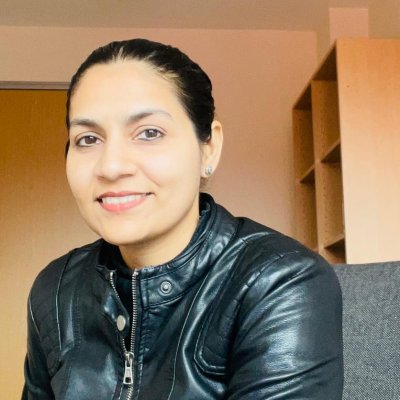
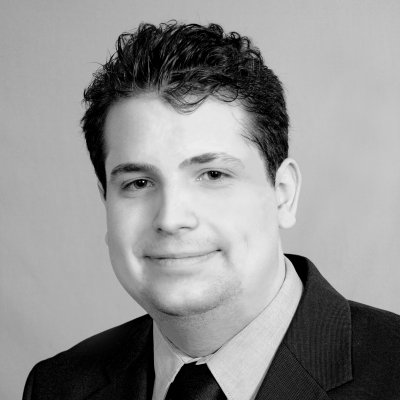
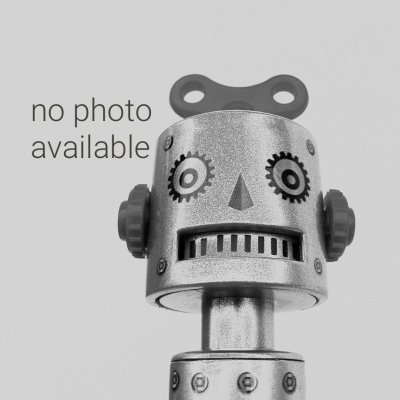
Omar El Sayed
Office: 3|300 (FIAS)
Phone: +49 69 798 47660

Johannes Faber
Office: 3|202 (FIAS)
Phone: +49 69 798 47618

Leonid Satarov
Office: 3|101 (FIAS)
Phone: +49 69 798 47525
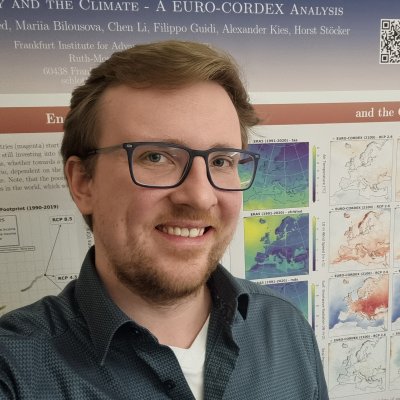
Markus Schlott
Office: 3|403 (FIAS)
Phone: +49 69 798 47698

Olena Linnyk
Postdoc
Office: 3|102 (FIAS)
Phone: +49 69 798 47628


Mariia Bilousova
PhD Student
Office: 3|203 (FIAS)
Phone: +49 69 798 47622
Research Projects
SAI: Seismology and Artificial Intelligence
In this project methods of AI are transferred to seismology. Real earthquake data of the last 50 years will be used for both machine learning and deep learning approaches. For this purpose, new AI methods are developed, which can be used not only for the understanding of earthquakes but also for other natural disasters.
R&D COMPUTING
Within the framework of the joint project "Innovative Digital Technologies for the Exploration of Universe and Matter" FIAS concentrates on GPU-based Deep Learning (DL) data analysis for CBM.
CoNDyNet
CoNDyNet: Collective non-linear dynamics of complex power grids (CoNDyNet) - Transition scenarios for completely renewable electricity supply.
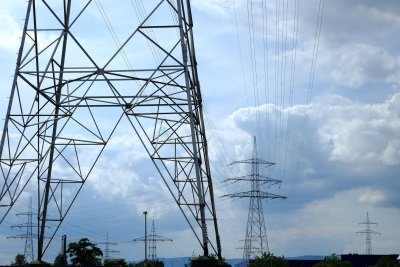
CoNDyNet II
Collaborative project CoNDyNet 2: CoNDyNet II - Collective non-linear dynamics of complex power grids - Decentralized optimization and forecasting uncertainties in power systems.
Studies of pairing and condensates in nuclear and related systems
This project concentrates on two issues in the theory of fermionic condensates.
EMMI
The ExtreMe Matter Institute EMMI at GSI was founded in April 2008 in the framework of the Helmholtz Alliance 'Cosmic Matter in the Laboratory' and was funded through the Alliance Program of the Helmholtz Association. FIAS is one of 13 GSI partners in this project.
